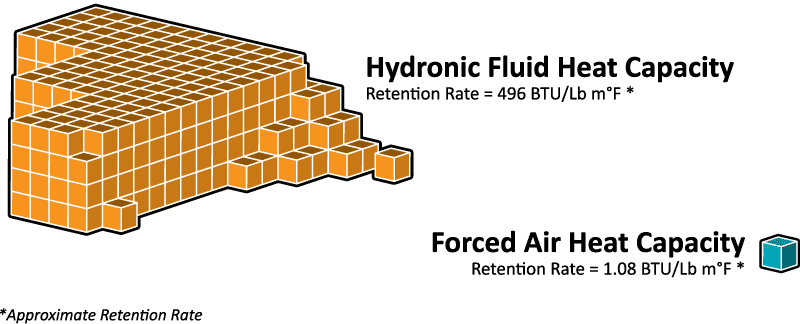
About Tamas Hydronic Systems Inc.
Tamas Hydronic develops and manufactures hot water heating systems tailored for residential, commercial and industrial facilities. Pre-fabricated Tamas panels provide a convenient alternative to onsite production for contractors, a pre-engineered inclusive package for building managers, and a compact, convenient system for homeowners. Custom engineering ensures that pump and pipe sizing maximizes water distribution and heat transfer. Systems are setup using independent zones that can be adjusted to cater to the requirements of a specific room or area.
System efficiency and operating costs can be addressed by adding solar or geothermal technologies to a Tamas Hydronic panel. These panels manage solar panels/tubes or geothermal heat pumps, creating residual cost savings and an environmentally friendly energy option. Solar systems can be used to provide domestic hot water through both direct and indirect hot water tanks. Geothermal systems provide the ability to heat a building regardless of the outside weather or temperature.
Radiant vs. Forced Air Applications
Hydronic heating systems have expanded beyond typical boiler-radiator combinations to include radiant floor heating systems which provide a host of benefits compared to forced air installations:

- Typical forced air systems distribute the majority of their heated air through vents at the top portion of a room. In comparison, radiant floor loops circulate pre-heated water to heat the floor from the ground up, creating a comfortable environment as well as avoiding wasted heat at the top of the room.
- Zone control allows for radiant loops in unused rooms to be turned off, further increasing energy savings. Room temperature can also be set independently of other areas in a building. Hydronic systems also use a boiler rather than a furnace and are as a result generally quieter than forced air systems.
- As a radiant system heats the actual floor surface via the circulating water loops, air circulation is avoided, which in turn cuts down on the disturbance of particles such as dust mites and pollen within the home. This can benefit allergy and asthma sufferers and avoid humidity issues.
- Properly controlled hydronic systems have the capacity to provide accurately tempered water. Homes heated with a furnace system have a tendency to drop below the desired temperature set on a thermostat before instigating a call for heat. This can lead to an undershoot/overshoot cycle where by the temperature in the house does not often hit the target. Hydronic systems attempt to avoid these hot-cold swings by distributing pre-mixed water to the zone. This leads many hydronic systems to be substantially more efficient and comfortable then their forced air counterparts.
 Custom, Reliable Hydronic Systems
Custom, Reliable Hydronic Systems




